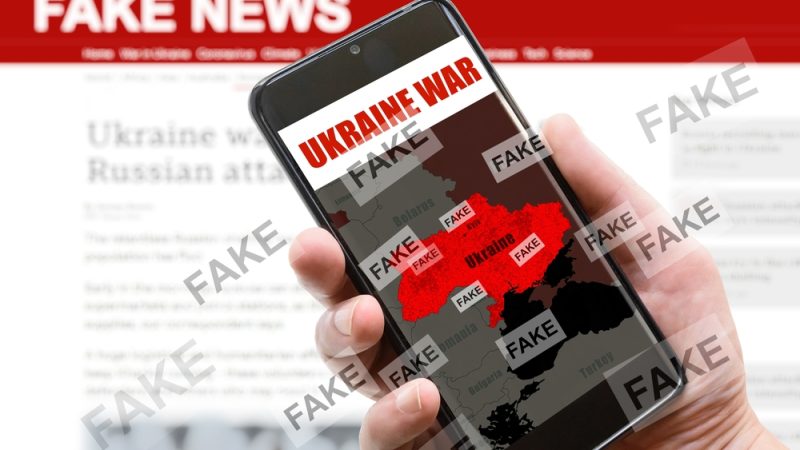While Europe was actively preparing to counter Russian disinformation during the EU elections in June, Russia used this time to sow more doubt and distrust of European countries among Ukrainians.
Ukrainian fact-checking organisations recently noted a significant increase in fakes dedicated to the EU, the European Parliament elections, and elections in European countries. The main purpose of those fakes was to form a negative image of the EU, demoralise Ukrainians and show them that there would be no more help and support from Europe.
[…]
Regardless of which party’s candidates will be elected to the European Parliament, Russian media wrote, the new balance of power will lead to “the collapse of the European Union [‘similar to the collapse of the USSR’], at least because it has long outgrown its status as a club of interests”.
[…]
Social media [in Ukraine] spread fake news that Emmanuel Macron’s party had offered €100 to every French citizen who would vote for it in the parliamentary elections, or that EU politicians were “struck by the fascist virus” on the eve of the elections and that the EU was “ready to follow in Hitler’s footsteps”.
[…]
Russia also spread fakes aimed at worsening relations between Ukraine and European countries, claiming that all that Europe needs from Ukraine is resources. For example, a video was circulated showing German farmers assessing the soil quality in Ukraine, with the comment “This is exactly why the war in Ukraine is being waged”.
[…]
In the context of relations between Ukrainians and Europeans [fake news included] that Europeans are interested in continuing the war in Ukraine, while Ukrainians want peace. Such fakes included rhetoric against those political forces that advocate continued support for Ukraine.
[…]
Disinformation like that, spread on popular Telegram channels, by bots in popular discussions, and on Russian and pro-Russian media, is intended to make Ukrainians lose trust in Europe.
However, Russians have not been successful as Ukrainians remain predominantly pro-European, which is constantly confirmed by opinion polls.
[…]
Therefore, there is no evidence that Russian attempts to worsen the perception of European countries among Ukrainians were successful.


